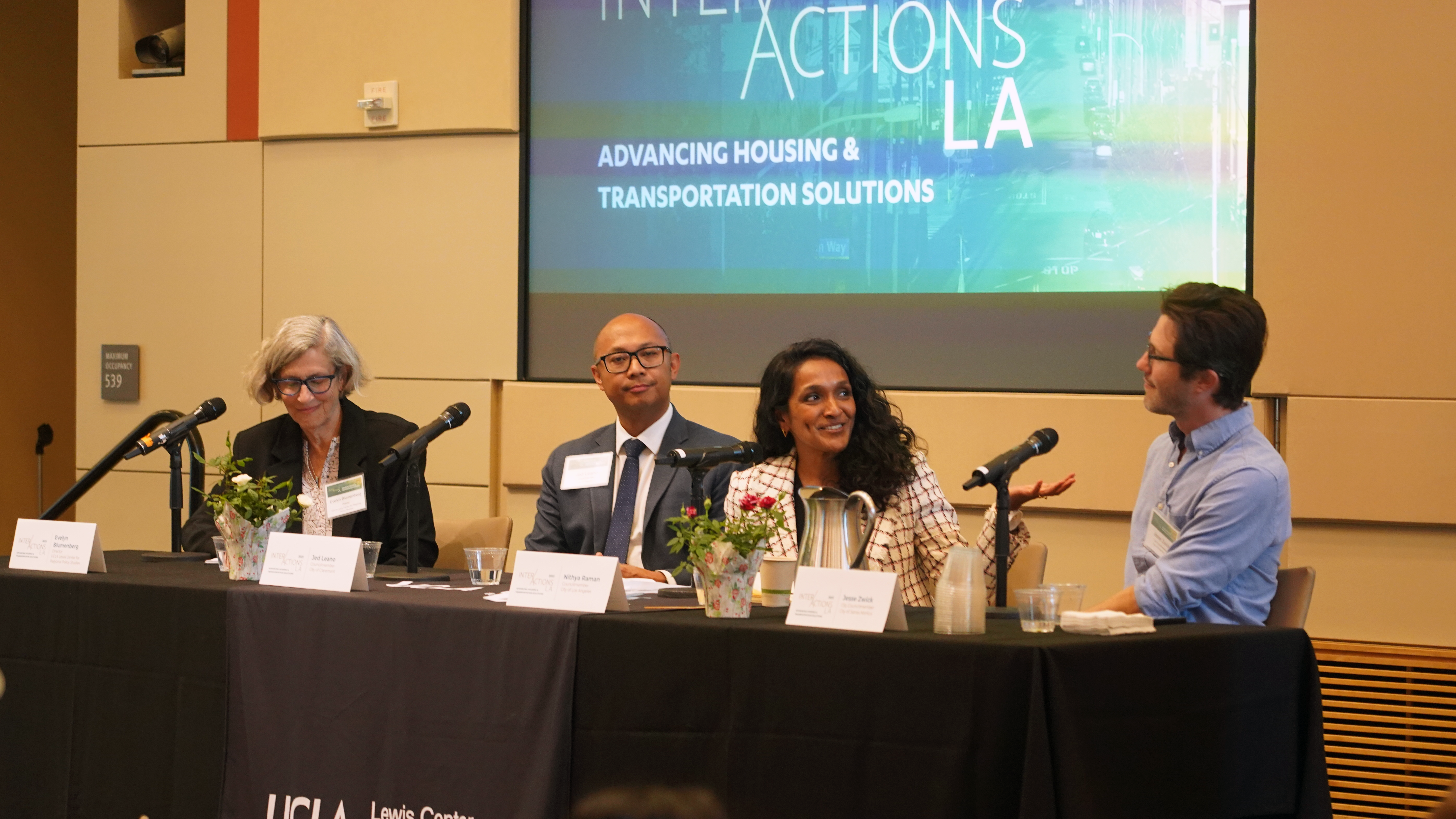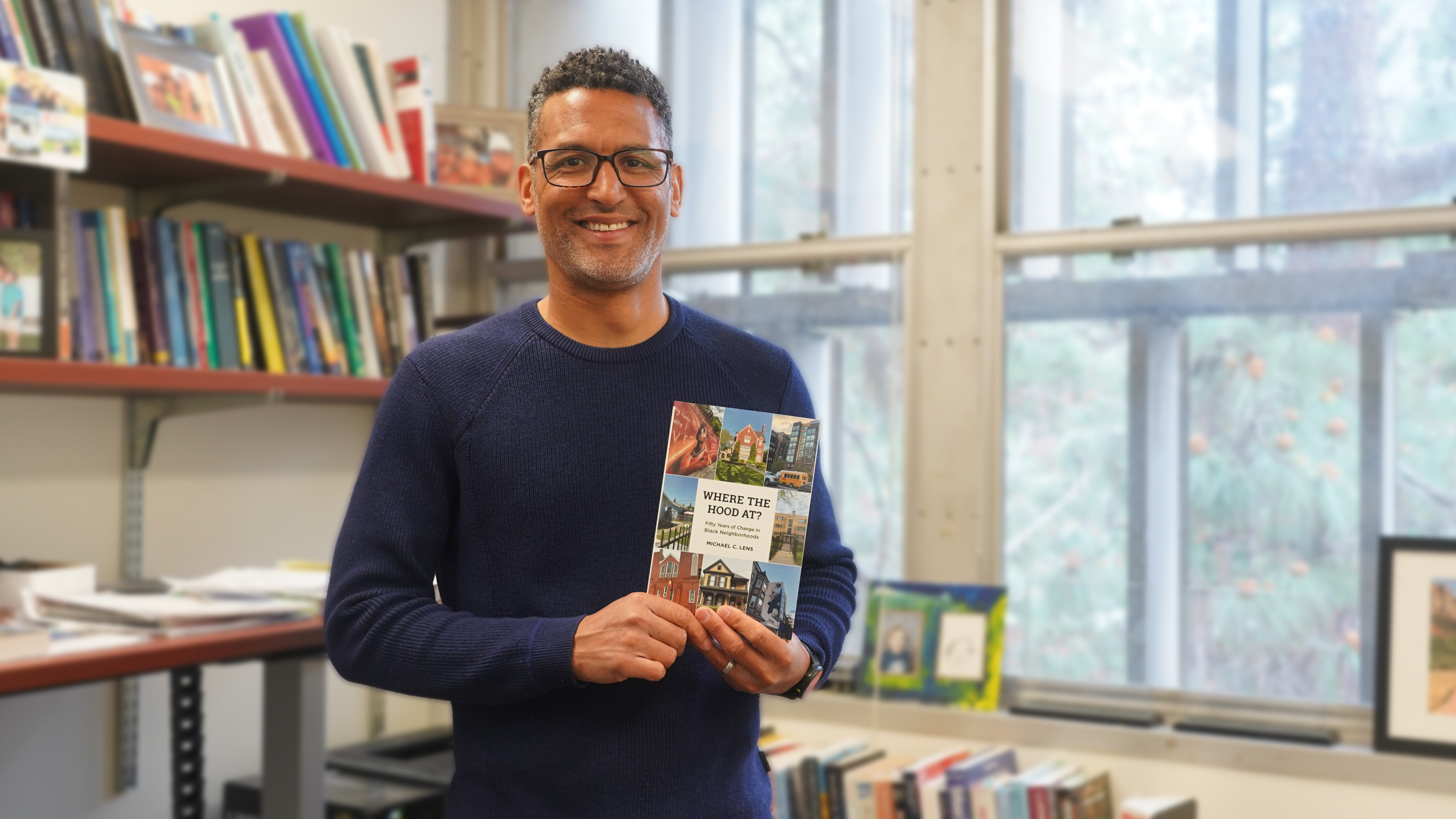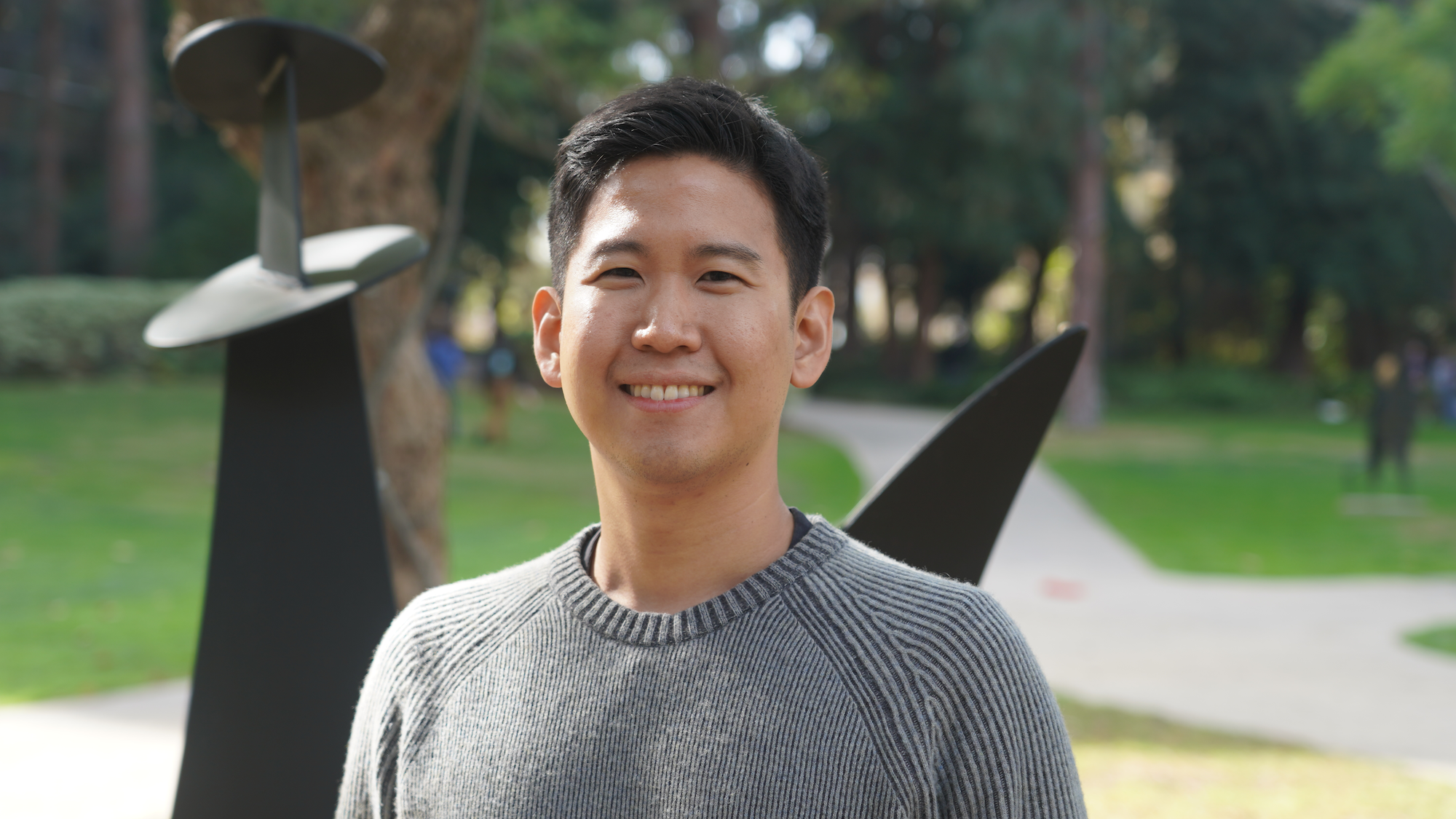
New Lewis Center postdoc takes scientific approach on California’s housing crisis
By JOEY WALDINGER
Physics and housing policy might seem like two subjects with nothing in common, but not to Jessica Schirmer.
Schirmer began her higher education studying physics at the Massachusetts Institute of Technology, and as the Lewis Center’s newest postdoctoral scholar, her scientific background informs her research on U.S. housing policy and its role on inequality.
“A big part of the scientific approach is having theories about how things work, and you’re always testing them,” Schirmer said. “Being a part of an ongoing conversation that other people are having is an approach that academic researchers — from the hard sciences to the social sciences — bring to policy problems.”
Her scholarly interests trace back to the D-Lab at MIT, an initiative that uses an approach called participatory design to help communities create practical solutions for fighting global poverty. Through this initiative and her coursework in the social sciences, Schirmer realized that scientific innovation alone is insufficient for confronting social issues.
“We were encouraged to think about poverty not just as a technical problem that hasn’t been solved yet, but something that is actively produced, and understanding how that comes to be the case was sort of like the ‘aha moment,’” she said.
This light-bulb moment led Schirmer to work as a policy researcher after graduation and to earn a Ph.D. in sociology from UC Berkeley, where she dove into the history of 20th century housing policy.
For her dissertation, Schirmer looked at why the federal government has responded so weakly to the growing need for affordable housing. Taking a historical approach, Schirmer combed archival research and administrative data to explore the relationship between shifting housing coalitions and declining housing production for low- and moderate-income households. She found that since the 1970s, the government has tried to meet housing needs for these households through credit and underfunded rental subsidies, exacerbating debt burdens and financial instability.
Her dissertation won a grant from the National Institute of Social Sciences, and it left Schirmer with some hypotheses about housing affordability in the U.S. At the Lewis Center, she is eager to test these hypotheses while advancing new research.
Schirmer is analyzing data as part of a research team — funded by the U.S. Department of Housing and Urban Development — investigating how “broad upzoning” has impacted rent, land value and housing prices across the state. She also looks forward to forging new collaborations with other scholars at the intersection of housing affordability and homelessness.
“I’m coming from a background where not many people in my program studied housing,” Schirmer said. “It’s really cool to be at a center … with so many people who are at the cutting edge of researching the issues that I study.”
photo courtesy of Jessica Schirmer



